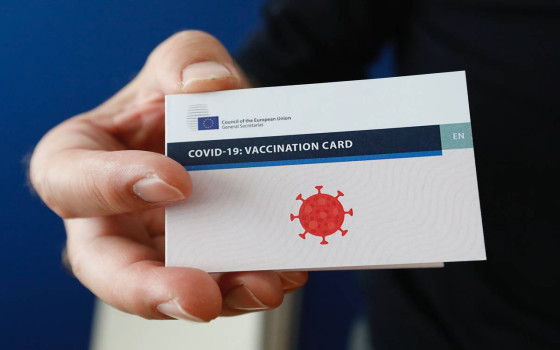
The World Health Organization monitors widespread overuse of antibiotics among Covid-19 patients

- Europe and Arabs
- Saturday , 27 April 2024 14:15 PM GMT
Geneva: Europe and the Arabs
The World Health Organization said antibiotic use has been widely overused globally among hospitalized COVID-19 patients during the pandemic without improving clinical outcomes, while also likely increasing the already serious and growing threat of antibiotic-resistant bacteria.
In a statement issued yesterday, Friday, the organization indicated that although only 8 percent of people infected with Covid-19 in hospitals also suffer from a bacterial infection that can be treated with antibiotics, three out of four were given these antibiotics on the basis of the “just in case” principle. for anything".
World Health Organization spokeswoman, Dr. Margaret Harris, confirmed that the organization did not recommend at any time during the global pandemic the use of antibiotics to treat Covid-19.
"The advice was very clear from the beginning, which was that this was a virus, so there was no guidance or recommendation for doctors to go in that direction, but perhaps because people were dealing with something completely new. They were looking for whatever they thought might be appropriate," she added. ".
According to the World Health Organization, antibiotic use ranged from 33 percent for patients in the Western Pacific region to 83 percent in the Eastern Mediterranean and Africa regions, and between 2020 and 2022, antibiotic prescriptions decreased over time in Europe and the Americas, but increased in Africa.
Usage is highest in Africa
Data collected by the World Health Organization also showed that the highest rate of antibiotic use was among patients with severe or critical cases of COVID-19, with a global average of 81 percent. As for mild or moderate cases, there was a large variation between regions, while the highest rates of use were recorded in Africa at 79 percent.
“When a patient needs antibiotics, the benefits often outweigh the risks associated with side effects or antibiotic resistance,” said Dr. Silvia Bertagnolio, Head of the Surveillance, Evidence and Laboratory Strengthening Unit of the Antimicrobial Resistance Division at WHO. “However, when they are not necessary, they are not necessary.” "They provide no benefit while posing risks and their use contributes to the emergence and spread of antimicrobial resistance."
A call for rationalization of use
The World Health Organization confirmed that the use of antibiotics did not improve the clinical outcomes of patients infected with Covid-19. She added that its systematic prescribing may cause harm to people who do not suffer from a bacterial infection, compared to those who do not receive antibiotics.
She called for improving the rational use of antibiotics to reduce unnecessary negative consequences for patients and the population.
The organization's findings were based on data from the organization's Global Clinical Platform for Covid-19, which is an undisclosed clinical database of patients hospitalized due to Covid-19. The data came from 450,000 patients in 65 countries from January 2020 to March 2023.
“These findings underscore the important need to provide adequate resources for efforts to improve antibiotic prescribing globally,” said Dr. Yukiko Nakatani, WHO Assistant Director for Antimicrobial Resistance.
She added that these findings are of particular importance for discussion before the next high-level meeting of the United Nations General Assembly on antimicrobial resistance scheduled to be held next September.



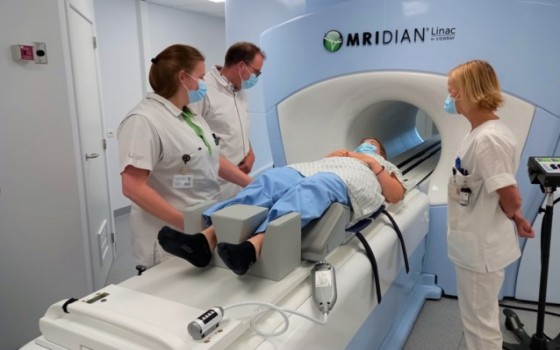

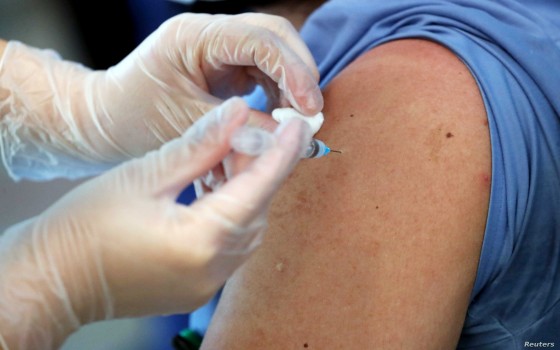
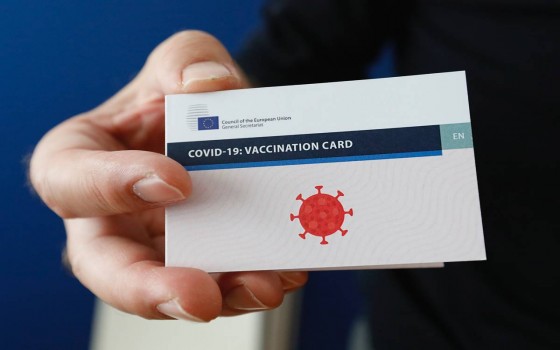


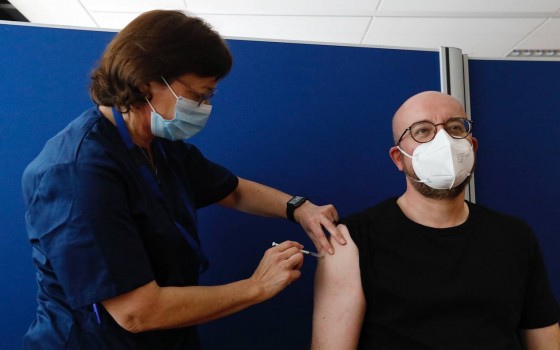


No Comments Found